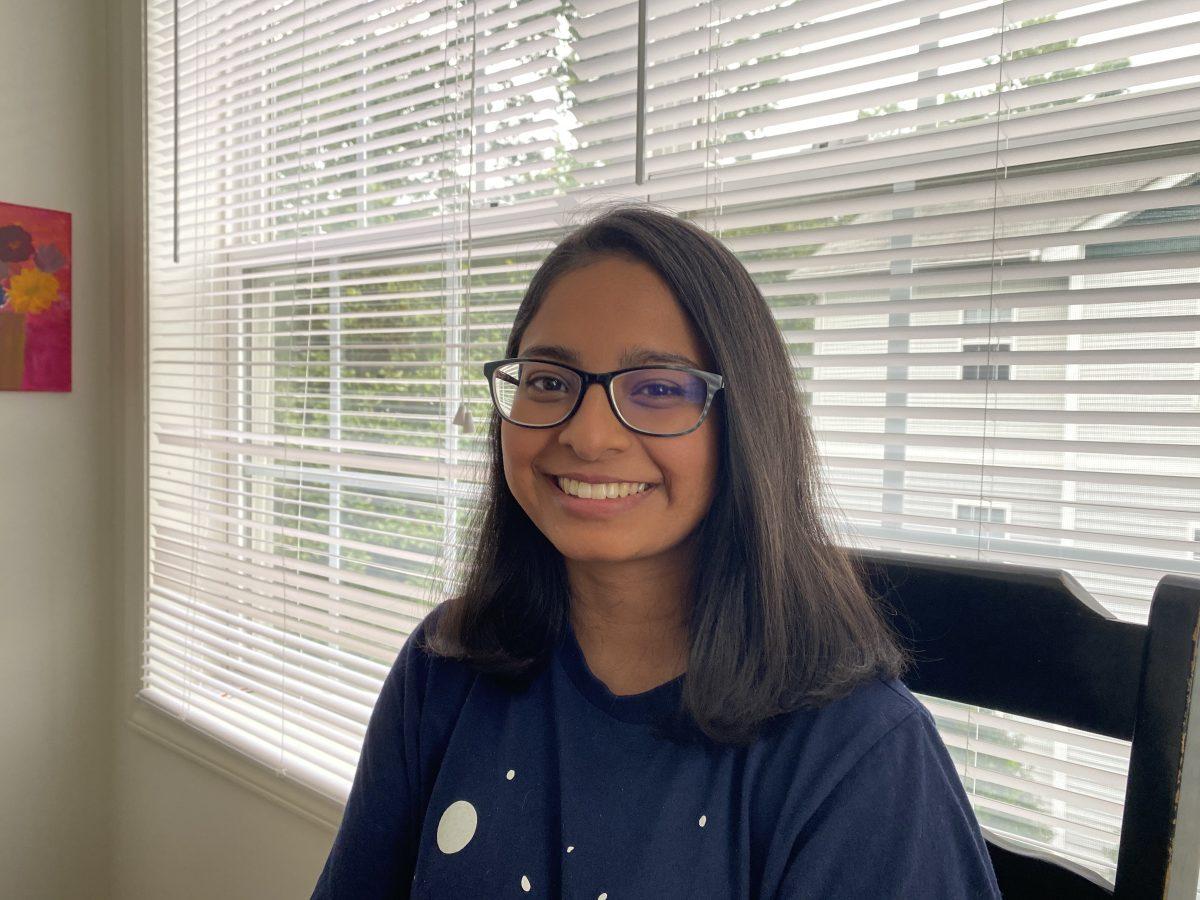Recently, fellow staff columnist Kristina Beek wrote a column about how bias when it comes to dating and relationships can be racist, saying how “If you prefer someone because of the color of their skin, or refuse to date someone of a certain race because of theirs, then this is a form of racism.” While she makes numerous good points, there are a few discrepancies in her argument I don’t fully agree with. I am the last person who would criticize interracial relationships or discourage them considering I am in one, but I do want to explain why some people might choose partners of certain races, and why that does not imply they are racist.
First, I would like to address the fact that there is a reason why a lot of people prefer to date within their race, and it has nothing to do with racism. If two people belong to the same race, the chances of them having a similar culture and lifestyle, while not assured, are definitely much more likely. This similarity is something one might prefer when looking for a partner, but that does not mean they are racist toward certain people. For example, had Cece from “New Girl” fallen in love with an Indian man, she likely would not have had to teach him about Indian culture or Bollywood dances, and they could have bonded over their shared Indian heritage. While Cece and Schmidt did not mind looking for partners outside of their comfort zones, many people wouldn’t and that’s OK.
Despite the common phrase that opposites attract, studies have shown people who have more things in common tend to initially be more attracted to one another, and race and culture happens to be one of those factors that play a huge role in shaping who we are. People can sometimes feel more inclined to be with others who have similar experiences as them, and that does not imply they are ignorant and refuse to learn about other cultures, but that’s their preferred comfort level when it comes to long-term romantic relationships.
It is no secret that NC State is a predominantly white institute with 68.5% of students identifying as white, so the chances of these 68.5% students finding a white partner are pretty high. Of the 31.5% of nonwhite students, a number of them are international students as well, which could also be a reason why some students might feel like straying away from interracial relationships. If you think the typical long-distance relationship is hard, imagine how hard it would be if your partner lived across the globe.
To address Beek’s statement saying, “If you prefer someone because of the color of their skin, or refuse to date someone of a certain race because of theirs, then this is a form of racism,” I would like to say: Isn’t attraction just attraction? While there definitely are bad apples in the bunch, even in schools as progressive as our own, I personally don’t believe most people are attracted to a certain race because they don’t like other races in general, but because that’s their “type” as people say. Is it really racist if a white person’s type is other white people and is it really fetishization if a white person’s type is another race? Likewise, is it also racist if a white person denies a person of color as they are not their “type”? These are questions that will be up for debate for quite some time, but I personally don’t think it is as long as they are not solely dating a person based on the color of their skin, but also for their personality and how they are as an overall human being. I believe there needs to be a line drawn between not wanting to date a singular person based on race and being rude, ignorant and, in general, being biased toward a whole race when we start labeling people as racist.
I do think Beek is correct in encouraging students to be open to the idea of interracial relationships. Sometimes going out of one’s comfort zone can lead to amazing experiences, ones you never knew you wanted but now will cherish for a lifetime. While I personally think having the opportunity to learn about different cultures can be amazing and a way for you and your partner to bond and grow together, it is also understandable why some might be wary of such cultural differences. The main point is love is love, and I don’t think it fair to criticize anyone for their choice of partner and the preferences they might have as long as they are not biased towards the different racial communities as a whole.














